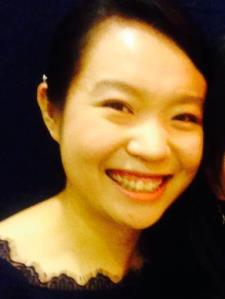The Chinese Kinship System
The Chinese kinship system is extremely detailed and complex, because it distinguishes relatives based on gender, generation, age, and whether the relative is on the father’s or mother’s side. Unlike English, which often uses broad terms like uncle, aunt, or cousin, Chinese has very specific words.
Paternal Relatives
-
Bàba de gēge (爸爸的哥哥) → Bóbo (伯伯) = father’s elder brother
-
Bàba de dìdi (爸爸的弟弟) → Shūshu (叔叔) = father’s younger brother
-
Bàba de jiěmèi (爸爸的姐妹) → Gūmā / Gūgu (姑妈 / 姑姑) = father’s sisters
Maternal Relatives
-
Māma de gēge/dìdi (妈妈的哥哥/弟弟) → Jiùjiu (舅舅) = mother’s elder/younger brother
-
Māma de jiěmèi (妈妈的姐妹) → Yímā / Āyí (姨妈 / 阿姨) = mother’s sisters
Siblings
-
Gēge, Dìdi, Jiějie, Mèimei (哥哥, 弟弟, 姐姐, 妹妹):
- These terms are not only used for real siblings, but also for friends or acquaintances of similar age, as a polite and friendly way to address them.
Grandparents
-
Yéye, Nǎinai (爷爷, 奶奶): usually refer to father’s parents, but in daily life, they are also used respectfully for elderly people.
-
Wàigōng, Wàipó (外公, 外婆): usually refer to mother’s parents.
Extended Usage
In everyday life, these titles often extend beyond blood relatives:
- Neighbors may be called Shūshu or Āyí.
- Shop assistants who are older women may be called Āyí.
- Older men who are strangers may be called Shīfu (师傅) or Dàyé (大爷).
This system highlights the importance of generation order, respect, and social hierarchy in Chinese culture. It not only defines family ties but also shapes everyday interactions.





